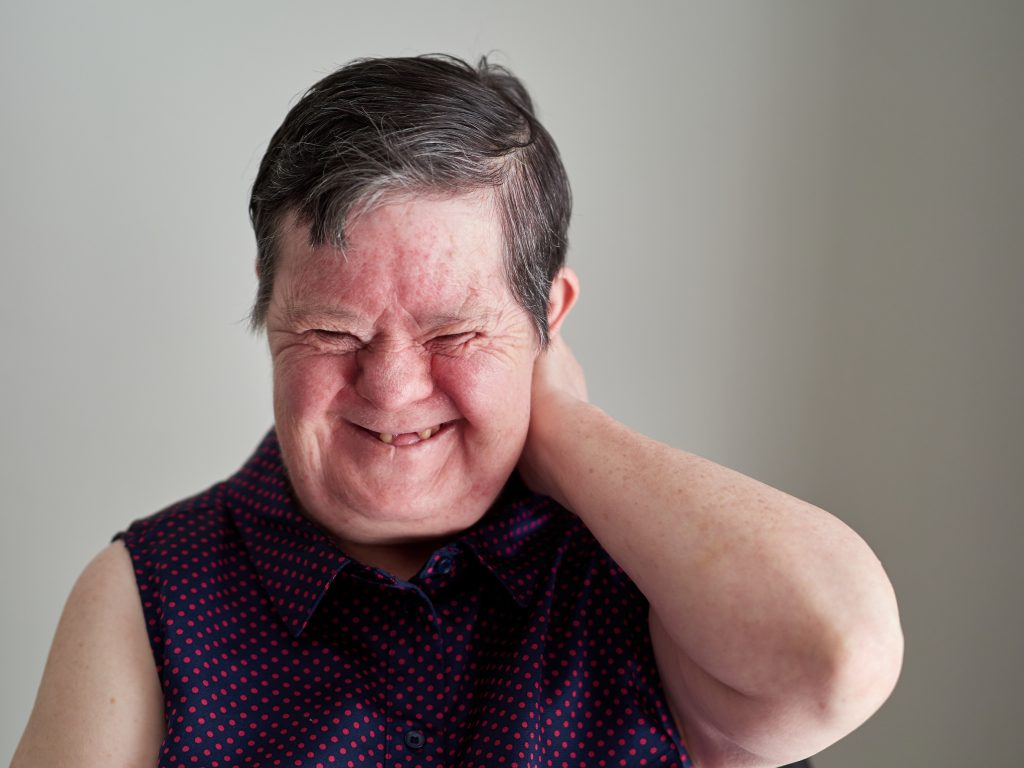In 2020 the Disability Royal Commission (DRC) released an issues paper looking at the use and impact of restrictive practices on people with disability. The DRC were also looking to understand how laws, policies and practices around restrictive practices could be improved to better prevent and protect people with disability from violence, abuse, neglect and exploitation.
The issues paper included 13 questions asking the public to share their views on the effects of restrictive practice on people with disability.
You can read and download the issues paper on the DRC website.
What does restrictive practices mean?
According to the NDIS website restrictive practice means any practice or intervention that has the effect of restricting the rights or freedom of movement of a person with disability. These include seclusion, chemical restraint, mechanical restraint, physical restraint and environmental restraint.
WWDA’s Response
WWDA has now submitted a response to the issues paper. WWDA’s core argument in this response is that restrictive practices are violent and are in violation of human rights. Their use must be prohibited and redressed, and legal frameworks for substitute decision-making and compulsory treatment authorising restrictive practices must be abolished.
This has been the position of WWDA for a number of years, and we continue to hold this position. Regulation, exceptions, minimisation, limitations, reductions etc. are not enough. Ultimately, such approaches still allow restrictive practices – and violence – to continue to be perpetrated on people with disability. Therefore, this submission focuses on an in-depth exploration of the violence of restrictive practices in order to demonstrate to the Royal Commission.
Public Hearing for Women and Girls
In the lead up to the hearing on the Health and Safety of Women and Girls with Disability which will be held in Hobart in October 2021, it is now more vital than ever that we encourage women and girls to make submissions to the DRC. Find out more on our DRC webpage.

